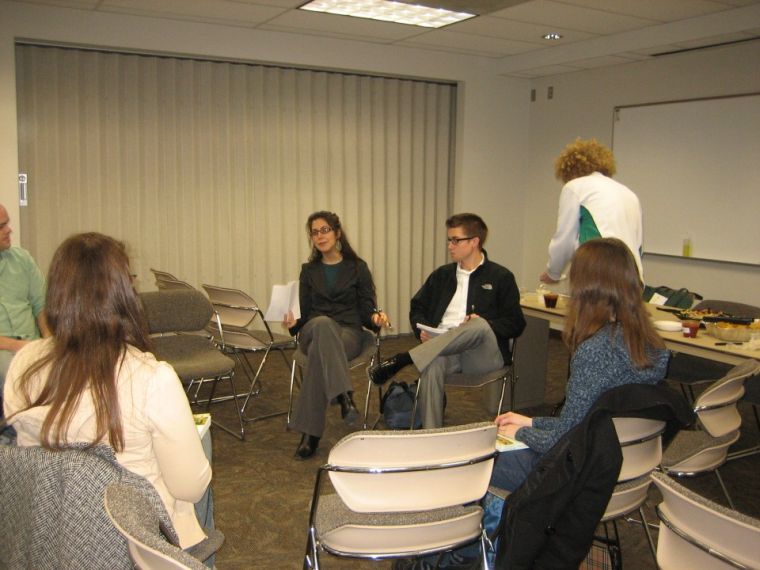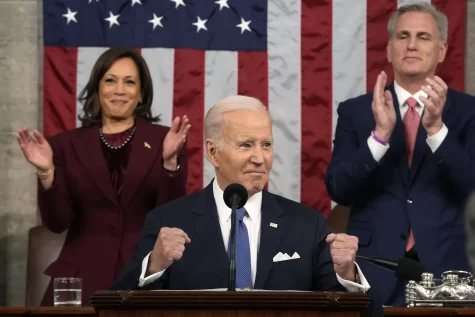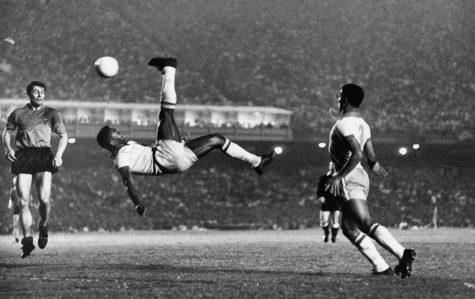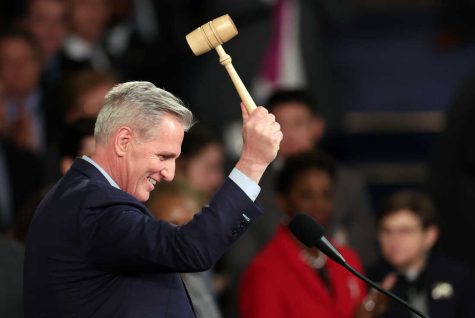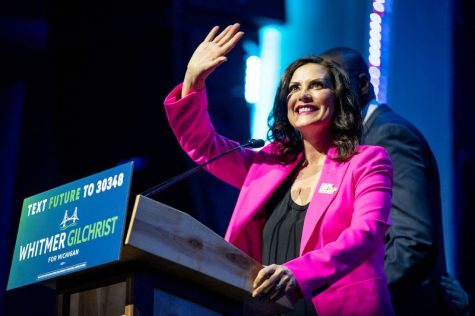Students gather to discuss Friedman best-seller
The debate, at times, grew heated, as students discussed the problems of a world that is getting hot, flat and crowded.
They were participating in a book discussion on Thursday in the Oakland Center, on Thomas Friedman’s best-seller “Hot Flat and Crowded: Why We Need A Green Revolution — And How It Can Renew America.” Earlier in the week, in a Tuesday session, students tackled Friedman’s other best-seller, “The World is Flat.”
Friedman, the three-time Pulitzer Prize-winning author and foreign affairs columnist for The New York Times, will appear at the O’rena on Feb. 8 as part of the Varner Vitality Seminar Series.
The discussion on Thursday was the second in a series of five that will take place over the next few weeks in anticipation of the event.
Meaghan Walters, a graduate student working towards her master’s degree in public administration and a graduate assistant for CSA, led the discussions.
“Hopefully,” she said, “to generate excitement for the students leading up to Friedman being here. Instead of just seeing the lecture, you’re living it.”
On Thursday students expressed a wide array of opinions about the various topics Friedman brings up in the book.
Walters passed out note cards with questions raised by the book so that students could discuss them.
Matthew Brewington, a freshman majoring in electrical engineering, read the first one: “(Do)you have the mindset, especially with the environment, that this is someone else’s problem?”
Brewington said that he didn’t care (about the environment) because he didn’t think he could make a difference.
“The way I see it, no matter what I do, it’s not going to make enough effect or a significant enough impact that I should go out of my way to make myself less comfortable.”
Walter asked whether he believed he has no global footprint on the Earth, or if he just didn’t care.
When Brewington answered “yes,” she asked, “Because you’re just one person?”
“Yes, because I’m a speck,” he said.
“Anyone else in the group feel like that, a speck?” Walters said.
Others in the group had different ideas.
Nick Marinello, a graduate student majoring in education, said that many of Friedman’s environmental issues like greenhouse gases and melting polar icecaps are very abstract.
“It’s not something you see every day,” he said. “It’s a big thing to wrap your brain around. ‘If I drive my car an extra 10 miles, I will destroy the Earth.’ People shut off. They say there’s nothing I can do about it, therefore, what’s the point?”
But Nick, like almost everyone else, agreed that the environment is an important problem, and that you don’t have to believe in global warming to be a good steward of the environment.
The next question was about whether 9/11 should define us as a nation.
Walters said that Friedman stresses that it shouldn’t, but asked the group how they felt.
Brittany Kelley, a sophomore French and English major said that she agreed with Friedman. She said that 9/11 had made us more cautious and that we think about our safety more often.
“It was like being in a bubble, but that the bubble can be popped because we are vulnerable,” Kelly said. “I was hoping that I wasn’t going to have a war in my generation.”
Concluding sessions of the book discussions will take place on Feb. 1 and Feb. 3 in Lake Superior Room B in the Oakland Center. The wrap-up is on Thursday, Feb. 10 from 12-1p.m. in the Heritage Room of the Oakland Center.
Walters urges everyone to attend, whether they’ve read the book or not.
“The more the merrier,” she said.


